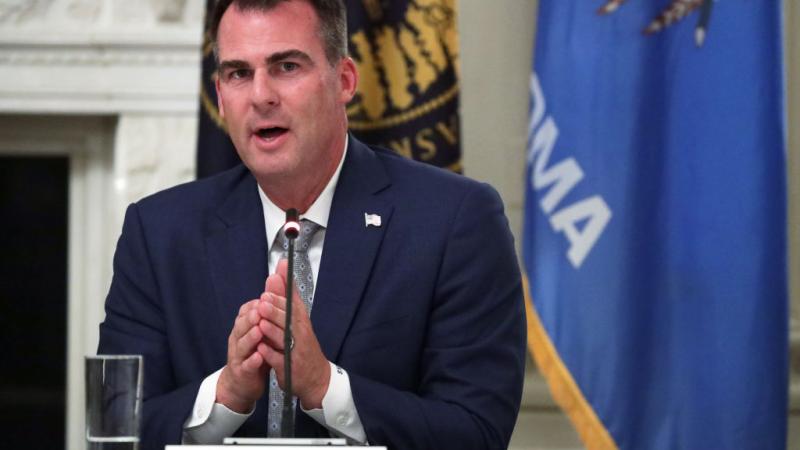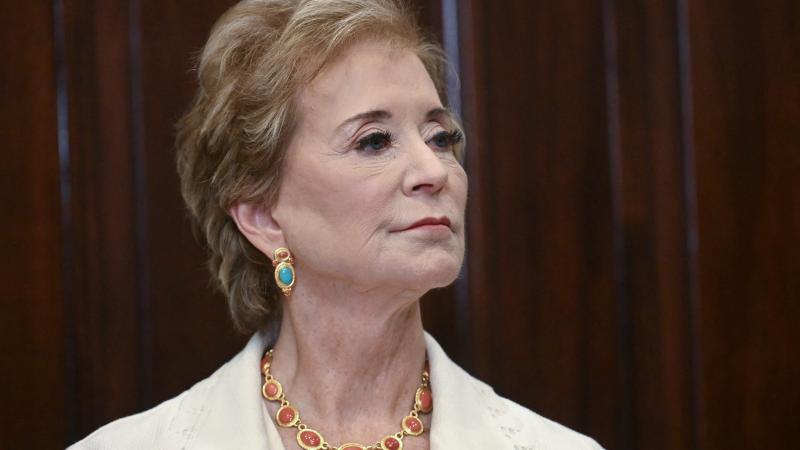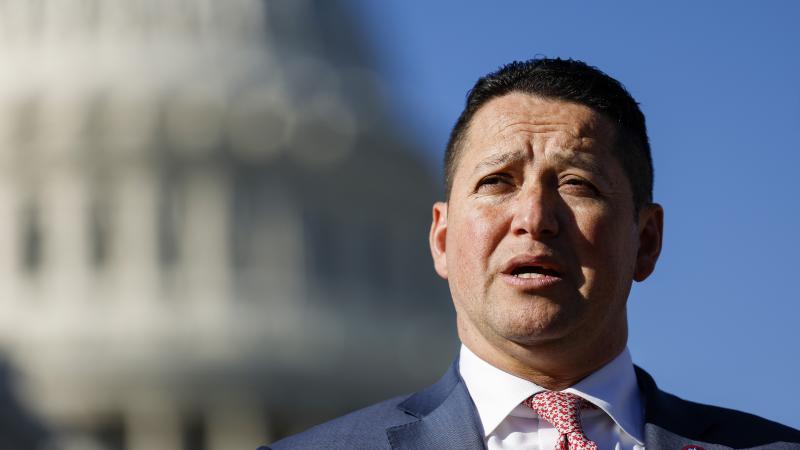Key GOP lawmaker mulls funding cuts for medical schools pushing DEI
"[W]e are supposed to be absolutely colorblind to the greatest extent into the broadest definition of the meaning when we take care of patients," he said.
In the wake of a Johns Hopkins diversity officer's distribution of a "monthly diversity digest" email labelling white people, Christians, and men as "privileged," one Republican lawmaker is mulling funding cuts for medical schools pushing such concepts.
Earlier this month, Dr. Sherita Hill Golden's email outlining allegedly "privileged" groups attracted went viral and prompted her to retract it in short order. The episode has since contributed to the growing public scrutiny of Diversity, Equity, and Inclusion initiatives in higher education.
Appearing Monday on the "John Solomon Reports" podcast, Maryland GOP Rep. Andy Harris, who received his MD from Johns Hopkins, fumed over the contents of the email and dismissed the university's response as mere "window dressing."
"It wasn't like that when I was on the faculty. And, you know, again, between critical race theory and DEI, this is a logical conclusion that you'd have these out of control academic institutions, basically, calling for bias against certain groups," he said. "And the groups that were listed in this Johns Hopkins newsletter was a pretty broad group, as you mentioned, including Christians, which is, you know, religious bigotry is something I thought, you know, we put way behind us in this country, but apparently it's rearing its head again."
Pressed on the school's decision to withdraw the email and disavow the contents, Harris suggested that the school had only worked to mitigate reputational damage and that the email had provided a honest image of Golden's worldview.
"[T]his is absolutely window dressing. Look, there's some things you just can't unsee, right?" he went on. "And this is one of those things. If you read the – if you read this newsletter, you know, again, the chief diversity officer, this is the way she really feels. There's no question about it. And given the fact that this occurred right after the dismissal of Dr. [Claudine] Gay up at Harvard, I'm not surprised they tried to walk it back. But there's some things you just can't walk back. And this is one of them."
Harris further contended that the the pervasiveness of such DEI concepts in education presented a major issue and necessitated congressional intervention, discussing the prospect and means by which lawmakers could effect policy change through the power of the purse.
"It needs to be addressed somewhere. In Congress is one place we can do it," he said, before going to describe a prospective scenario in which artificial intelligence programmed with DEI bias, might take so-called "privileged" into account in triage.
"[T]his is a very dangerous trend," Harris warned. "[W]e are supposed to be absolutely colorblind to the greatest extent into the broadest definition of the meaning when we take care of patients. And whenever again, health professional starts talking about this, about classes that one should be perhaps wary of. This is very, very worrisome."
Harris asserted that financial oversight as means of reining in DEI practices was appropriate, adding that "the way it starts is through what are called indirect funding costs from the National Institutes of Health universities like Johns Hopkins get hundreds of millions of dollars from the federal government."
"And a lot of that money is what's called an indirect cost, which is the cost of basically running the institution, which includes administrative costs," he went on. "So, in a way, this chief diversity officer salary was partly paid by appropriated federal funds. And I think it's about time to send a message that if you have enough money to hire chief diversity officers who are honestly religious bigots, then you probably don't need as much money from the federal government, and we should start dialing it back."
Ben Whedon is an editor and reporter for Just the News. Follow him on X, formerly Twitter.
















